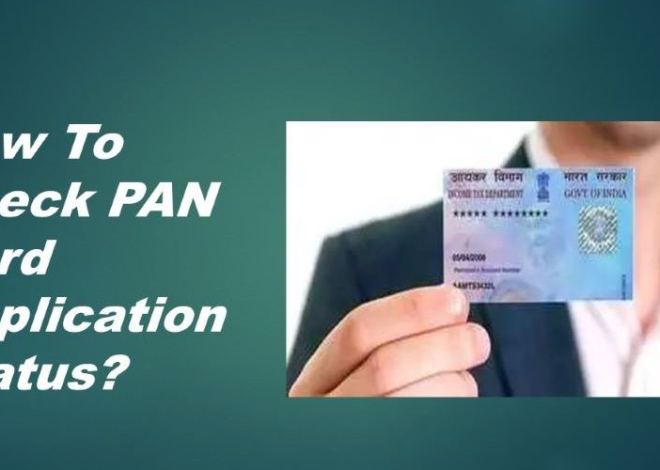
Lifeguard Certification: Can I Get Certified Online?
In the digital age, convenience is key. Many professions are now available through online courses, and you might be wondering if lifeguard certification is one of them. If you’re looking for a lifeguard certification near you and are considering the option of getting certified online, here’s what you need to know. This guide will provide valuable insights and help you navigate the process, featuring the American Lifeguard Association as a premier source for training and certification.
What Is Lifeguard Certification?
Lifeguard certification is a crucial credential that demonstrates your ability to ensure the safety of individuals at pools, beaches, and other aquatic environments. This certification involves rigorous training in water rescue techniques, CPR/AED, first aid, and more. The certification ensures that lifeguards are equipped to handle emergencies and prevent accidents.
The Traditional Lifeguard Certification Process
Traditionally, obtaining a lifeguard certification involves attending in-person classes. These classes typically include:
- Classroom Instruction: Learning about lifeguard responsibilities, emergency procedures, and sneafety protocols.
- Pool Training: Hands-on practice of rescue techniques, such as swimming rescues and CPR.
- Written Exams: Testing your knowledge on theoretical aspects of lifeguarding.
- Practical Skills Evaluation: Demonstrating your ability to perform lifesaving techniques effectively.
The Growing Trend of Online Certification
With the increasing popularity of online education, many fields are offering certifications through virtual platforms. However, lifeguard certification presents unique challenges that make online-only training difficult. Here’s why:
- Practical Skills: Lifeguarding involves hands-on skills that are difficult to teach and assess through an online format. Techniques such as rescue maneuvers and CPR require physical practice and real-time feedback from instructors.
- Safety Concerns: Ensuring that trainees can perform lifeguard duties effectively in real-life scenarios is crucial. Online platforms may not provide the necessary hands-on experience to meet these safety standards.
- Certification Requirements: Many certification bodies, including the American Lifeguard Association, require in-person training and evaluations to ensure that lifeguards are thoroughly prepared for their roles.
American Lifeguard Association: A Reliable Source for Certification
The American Lifeguard Association (ALA) is renowned for its comprehensive training programs that meet industry standards. The ALA offers a variety of certification options that include both in-person and hybrid approaches:
- In-Person Training: The ALA provides traditional classroom and pool-based training sessions where you can receive hands-on instruction from experienced professionals. This ensures that you are well-prepared for real-life situations.
- Hybrid Options: Some programs offer a combination of online theory and in-person practical training. This approach allows you to complete theoretical coursework online at your convenience, while still participating in essential hands-on practice sessions in person.
Can You Get Certified Online?
While some elements of lifeguard training can be completed online, such as theoretical coursework, the hands-on nature of the skills required for lifeguarding necessitates in-person training. The American Lifeguard Association emphasizes the importance of practical training and evaluation to ensure that lifeguards are fully prepared to handle emergencies.
Finding Lifeguard Certification Near You
To find a lifeguard certification near you, consider the following steps:
- Research Local Providers: Look for local training centers, community pools, or organizations that offer lifeguard certification. Many of these may be affiliated with the American Lifeguard Association.
- Check Online Options: While you may not find a fully online certification, some programs offer online components combined with in-person training. Verify the credibility of these programs to ensure they meet certification standards.
- Contact the American Lifeguard Association: Reach out to the ALA for information on authorized training centers and programs in your area. They can provide guidance on finding a program that suits your needs.
Summary
While online courses offer flexibility for many types of certifications, lifeguard certification requires a significant amount of hands-on training and practical evaluation. The American Lifeguard Association provides valuable in-person and hybrid training options to ensure you receive the comprehensive training needed to become a skilled lifeguard. For the best results seek out accredited programs that combine online theory with essential in-person practical training to ensure you are fully prepare for the demands of the lifeguarding profession.
Also For More Information; Anticoagulation Therapy: Indications, Risks, and Benefits


